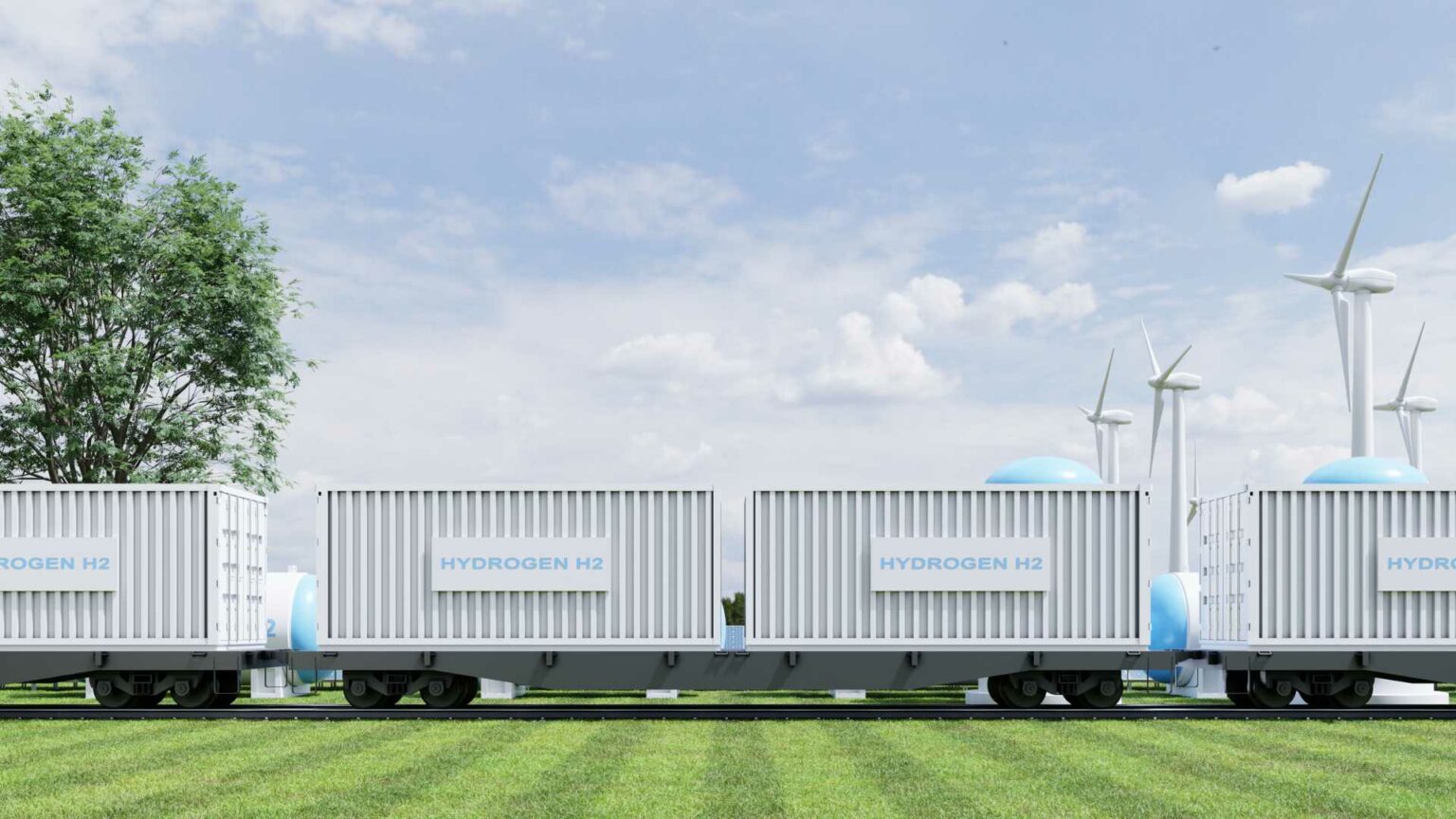The first hydrogen train fleet in the world is currently in use in Niedersachsen, Germany. However, the operation faces challenges, leading to temporary reliance on diesel locomotives. A hydrogen supply bottleneck has exposed vulnerability in this alternative propulsion method.
Due to a hydrogen supply shortage, the RB33 route between Cuxhaven, Bremerhaven, and Buxtehude is experiencing service disruptions. The Elbe-Weser Railways and Transport Company (EVB) confirmed that a substitute fleet of five diesel trains has been operating since the weekend. These replacements cannot cover all scheduled trips. EVB has operated this route’s first hydrogen train fleet since 2022.
Operating Changes
Since the weekend, hydrogen trains have no longer run in pairs to conserve hydrogen. They have been operating individually with reduced capacity. The duration of these restrictions is currently uncertain. The supplier hopes to resume full deliveries by midweek. The hydrogen used currently is a byproduct from the Dow chemical plant and is transported by truck to Bremervörde.
Future Plans
In the future, the hydrogen for the fleet is planned to be produced in Bremervörde using green electricity. Currently, this is impossible, making the fleet reliant on external suppliers. EVB Group’s CEO, Christoph Grimm, criticized the supplier for not anticipating the shortage. He stressed the importance of having reliable contingency plans in place.
Alternative Technology
Significant technical problems with hydrogen train vehicles in Hessen have led to extended service interruptions. Hydrogen propulsion is considered a cleaner, quieter, and more environmentally friendly alternative to diesel for secondary routes lacking electric overhead wires. However, battery-powered trains, a growing alternative, are already in use in Schleswig-Holstein and have been ordered in several other regions. Even Niedersachsen, known for pioneering hydrogen technology, is now adopting this technology.
